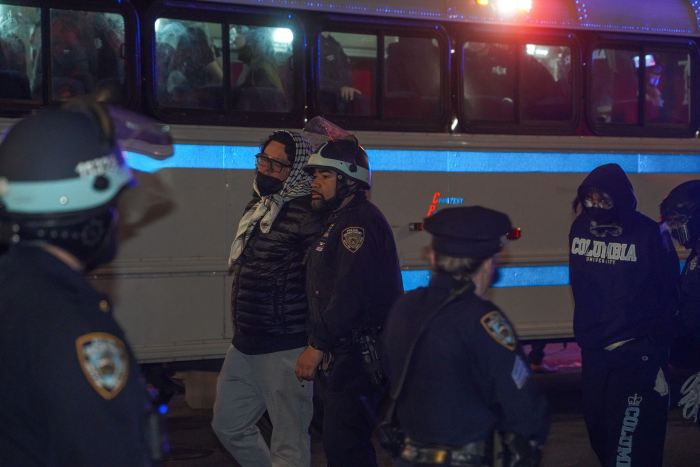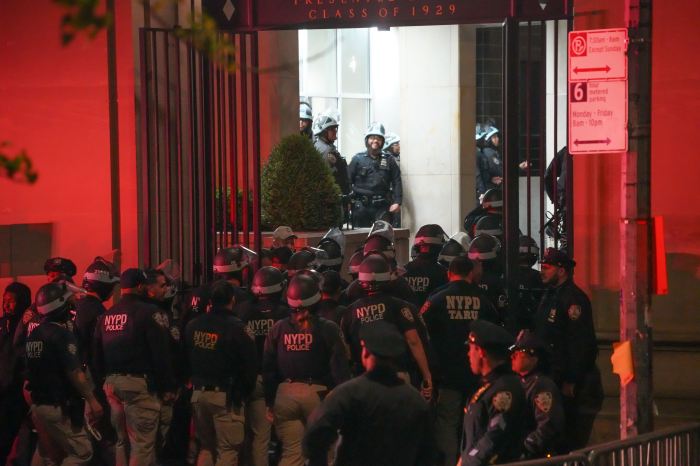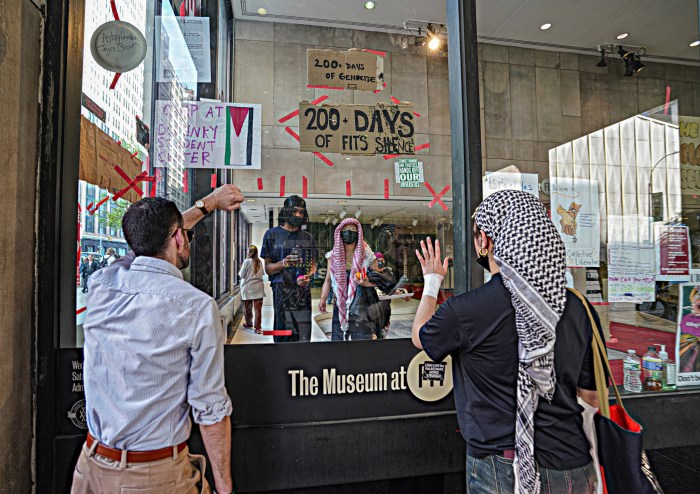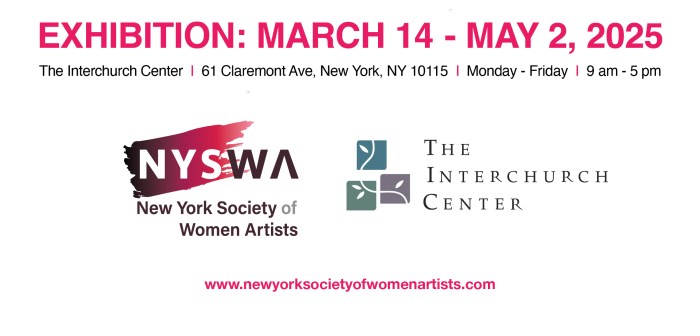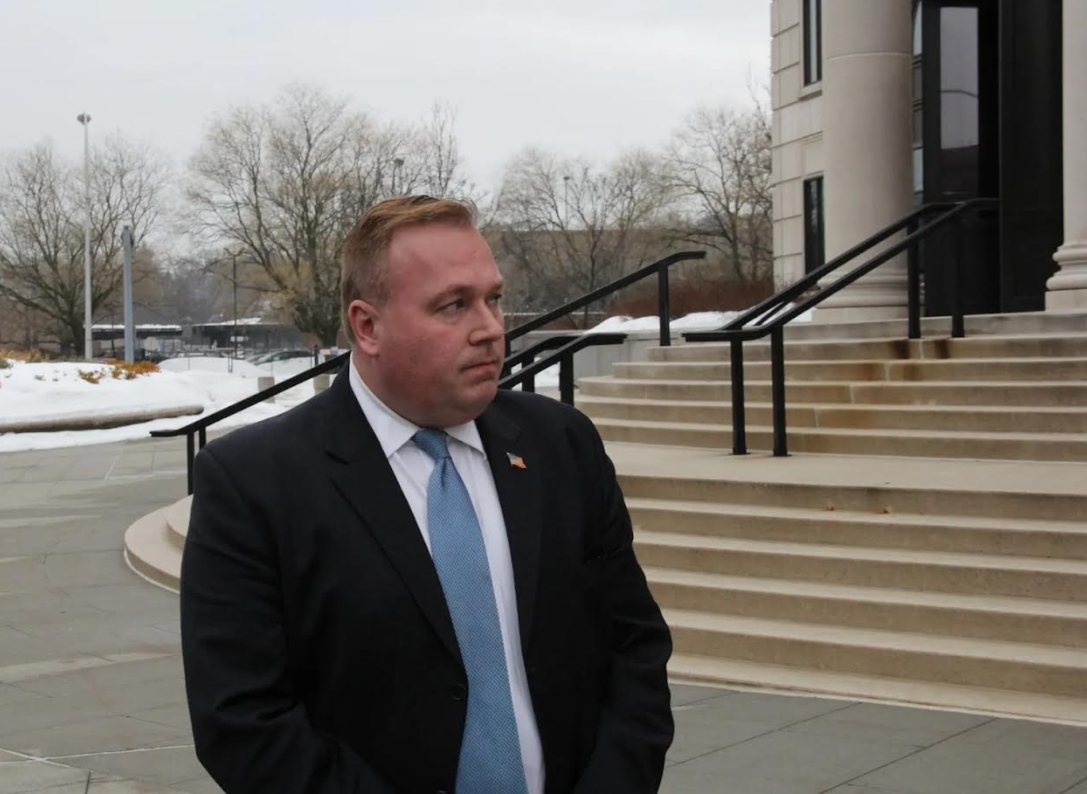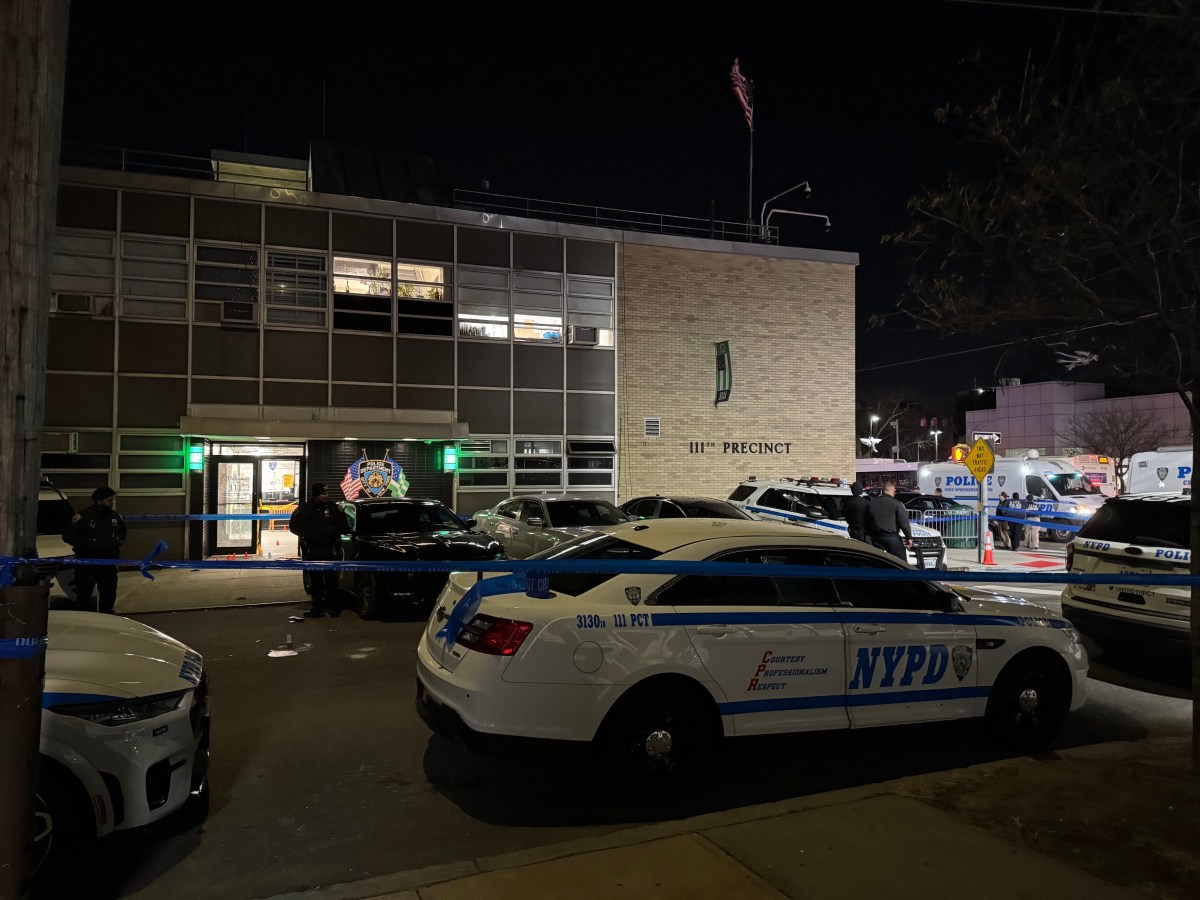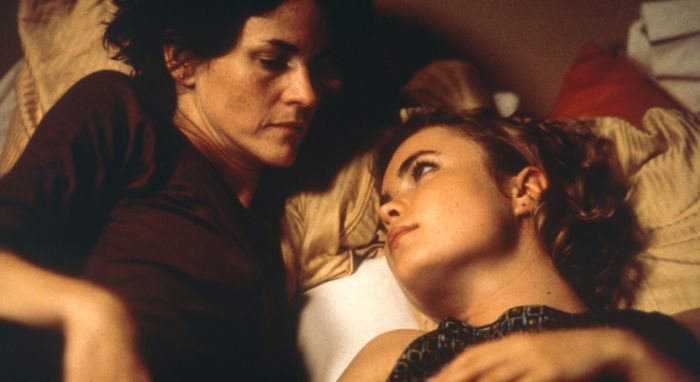Itai Dreifuss, an Israeli Columbia University student who has spent the last three years studying there, has encountered isolation and hate long before pro-Palestine demonstrators set up an encampment on the campus lawn this month.
Dreifuss, who grew up in the Middle East, says life at Columbia quickly changed following the Oct. 7 terrorist attacks by Hamas upon Israel, and the ensuing war in Gaza. That was months before the pro-Palestine encampment took root on campus last week, leading to arrests, counter-protests and similar action on other college campuses around the country.
Not long after the Oct. 7 attacks, Dreifuss said, the mood changed — and little by little, he began losing friends at Columbia. Worse, some of them began expressing antisemitism directly to his face.
“People that you sat in class with, you had drinks with, you had lunch and dinner with, the next day they say they hope your entire family dies,” Dreifuss said, explaining that he is not even permitted a dialogue. “Now it’s an era where everybody can yell ‘fake news’ at everything. For me it’s not news, it’s a lived reality.”
Having lived in Tel Aviv, Dreifuss describes it as akin to residing in a small town in which everyone knows everyone. This history in the Middle East made watching losing friends and watching the rise of the encampment at Columbia that much more visceral.
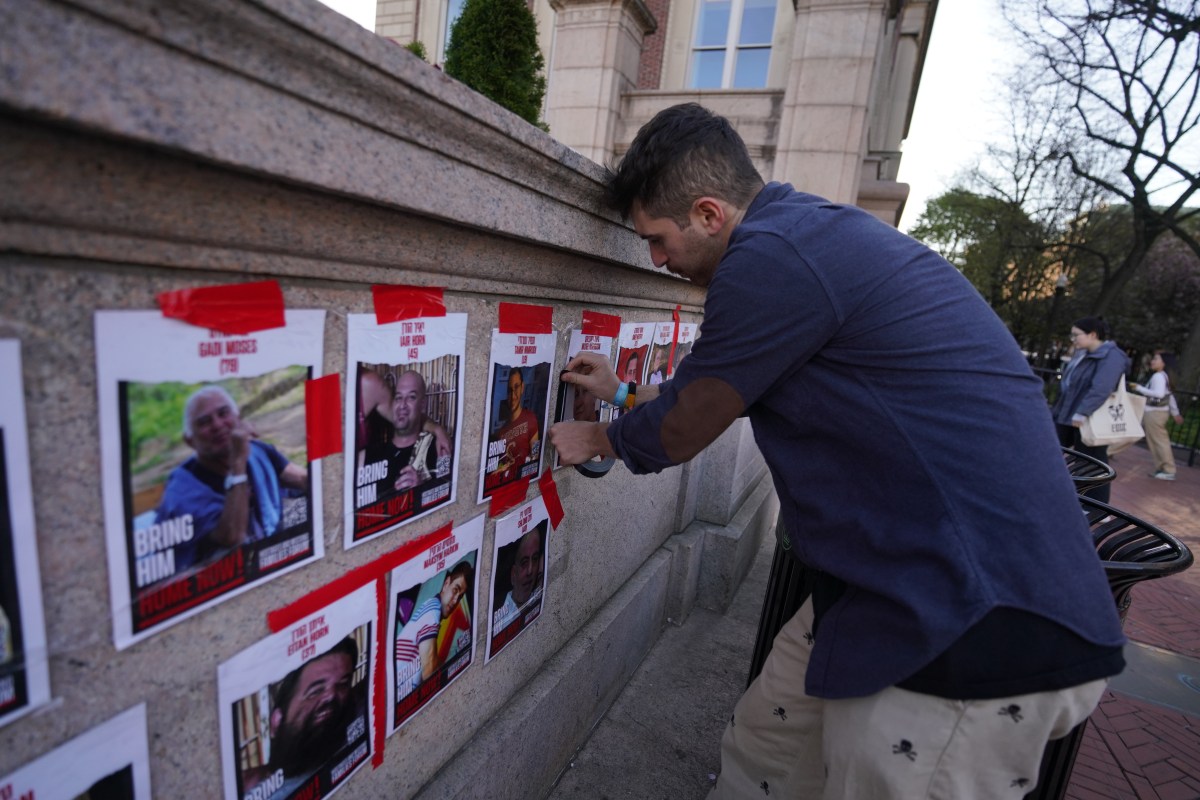
Still, students participating in the week-long protest have maintained they are not antisemitic and are simply calling for a ceasefire while also demanding Columbia University divest in entities associated with Israel to prevent the ongoing bombings in Gaza.
While amNewYork Metro had not observed any acts of antisemitic behavior, Dreifuss says during recent times at Columbia, he has been spat on by some students. Even so, he says he does not hold it against his peers and surmises that they believe they are doing the right thing.
“I have had people spit at me, I have had people yell at me,” Dreifuss explained. “I think they just don’t know. Some of them think that it’s genocide, and it’s legitimate to call for the erasure of Israeli state. If I can put it in one word, it is heartbreaking. And it breaks your heart even more than people don’t want to have a discussion.”
In response to the demonstration, Dreifuss says he helped set up a small space just adjacent to the encampment that is adorned with the faces of those taken hostage on Oct. 7, 2023. The young student also spoke regarding the Columbia University president, stating that he concedes that she is in a tough position.
Despite the hardships, Dreifuss declared he has faced. He says the one positive element from the ongoing situation is that he has been ability to see people for who they truly are.
“You see a lot of people’s true faces, which is kind of like a silver lining, because you don’t get a lot of opportunities to see that,” Dreifuss said.




